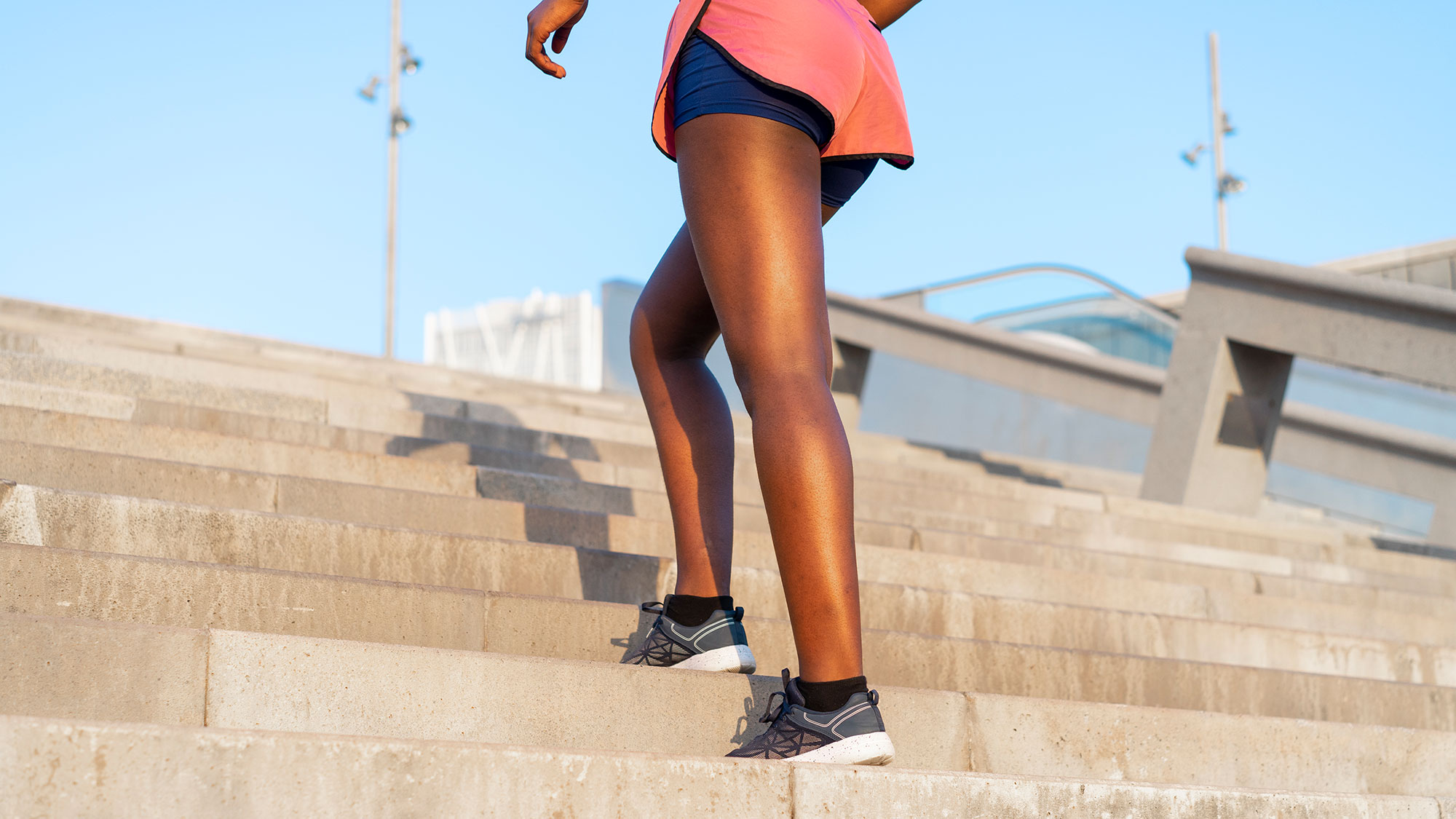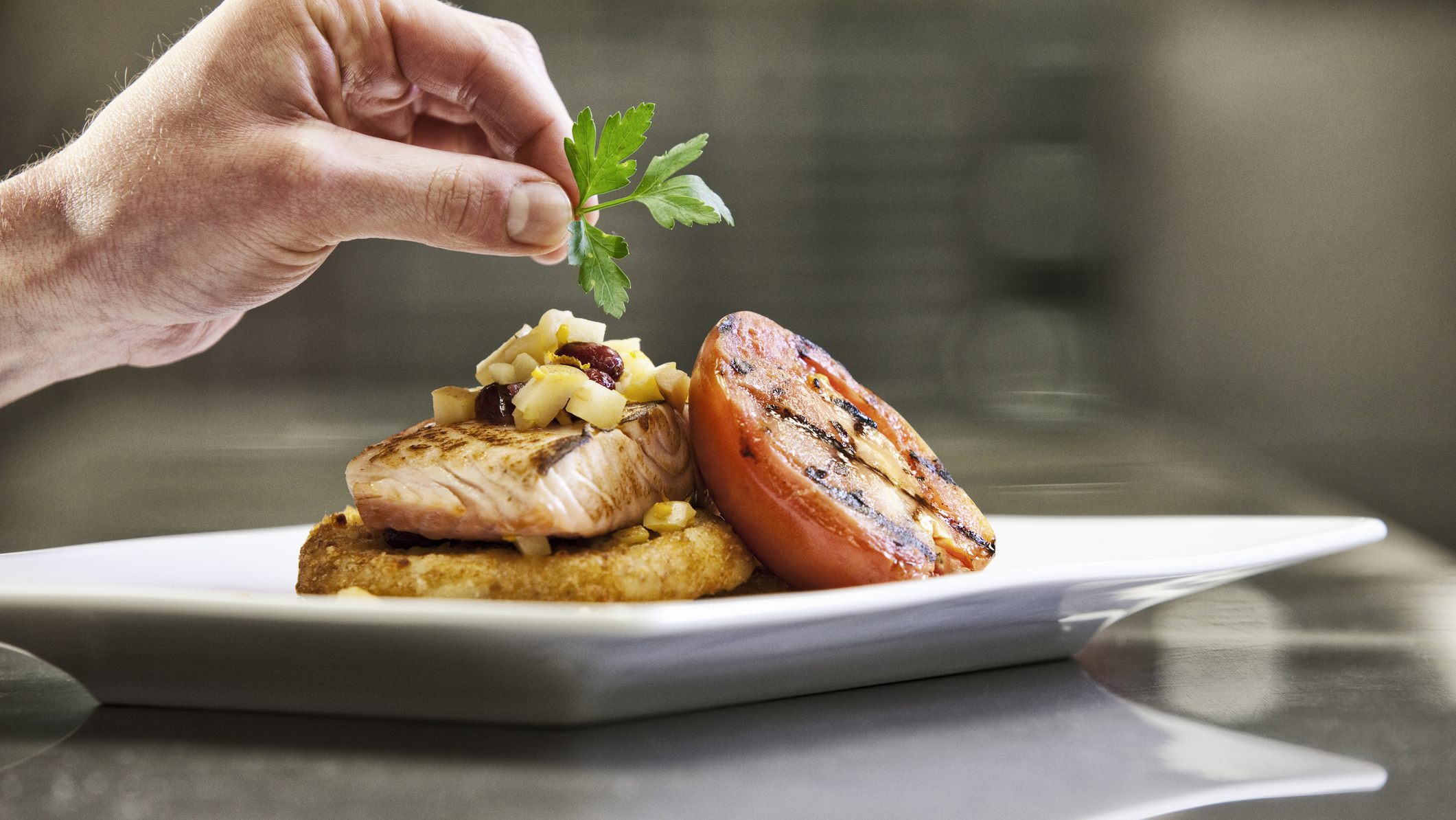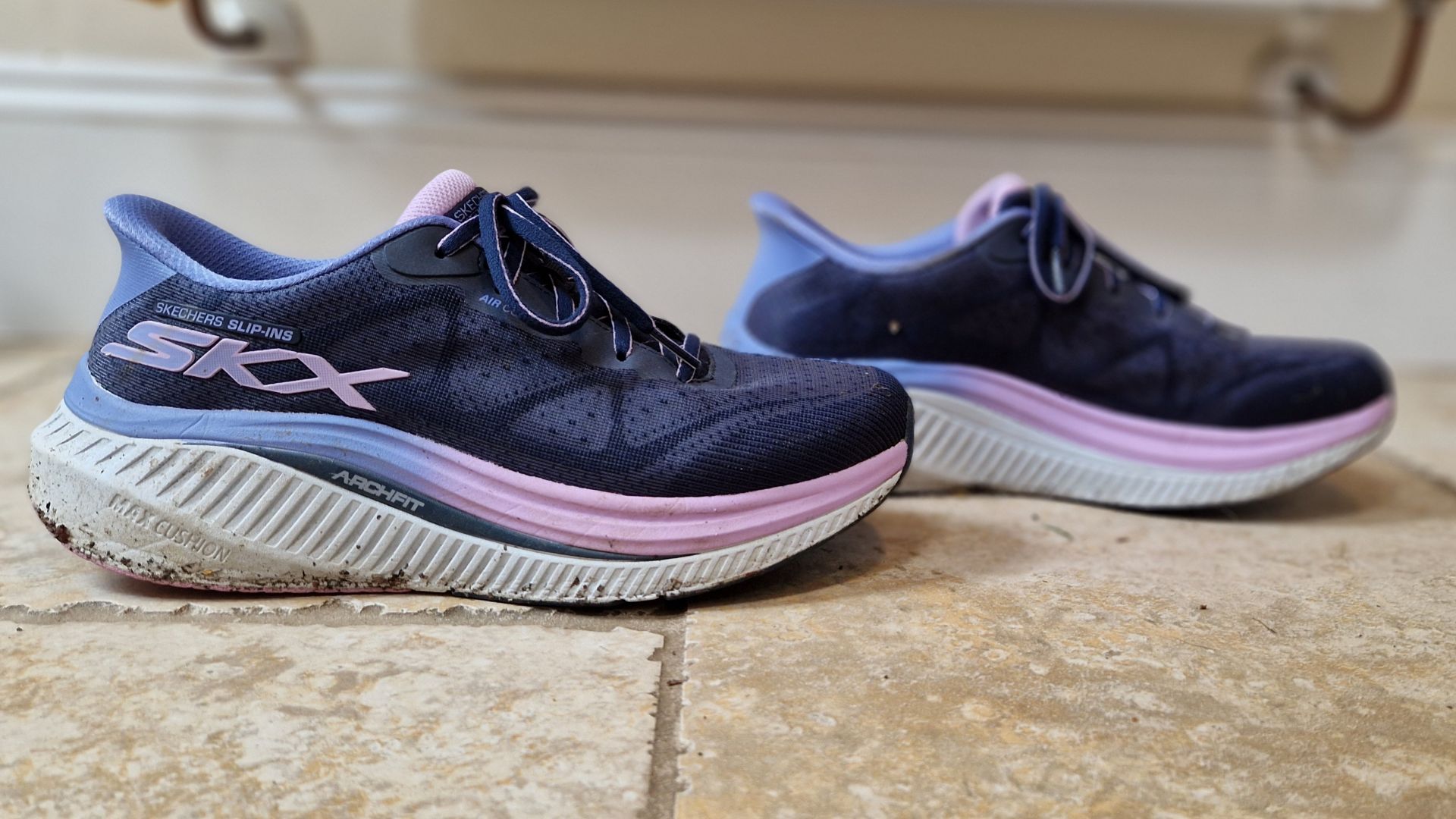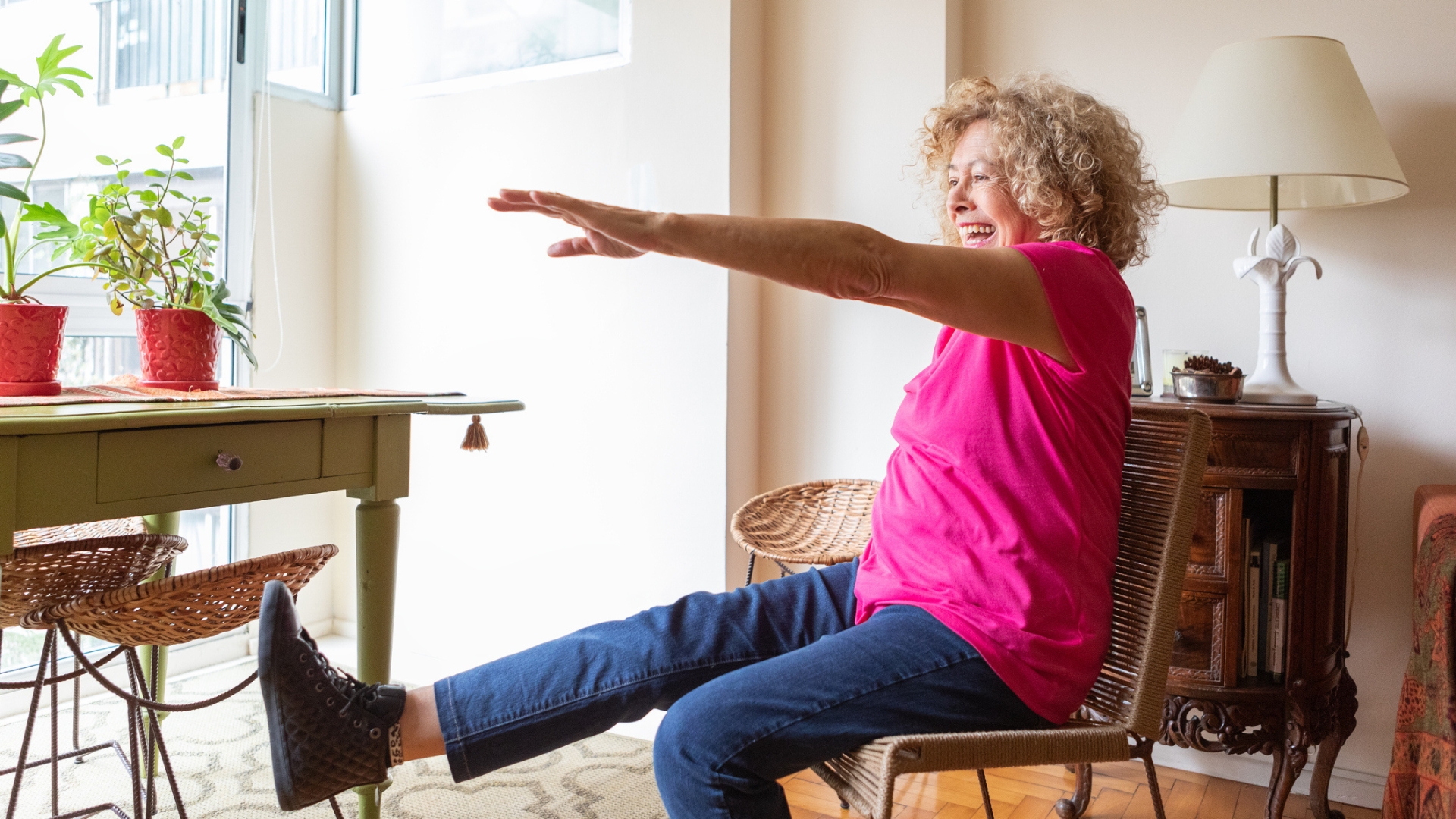Six top weight loss tips to lose belly fat around your waist
What are the best ways to lose belly fat? We look at differences between subcutaneous and visceral fat, and how to beat them

If you're looking to lose belly fat, or searching how to get a slim waist, it's important to understand how fat works. There are two kinds of fat that tends to hug us around our middle: visceral and subcutaneous, and understanding the relationship between them is a good way to get started when it comes to getting rid of them.
Visceral fat is fat that lies between the outer layers of your body and your internal organs. A little bit is important to have, but too much visceral fat tends to put a lot of pressure on your organs, contributing to all manner of health problems like cardiovascular disease, cancers and even dementia.
Subcutaneous fat, on the other hand, is the stuff that lies just below the skin, often around your middle. This is the kind of jiggly fat you can see in the mirror. It's not as damaging as visceral fat, but the two go hand-in-hand, and it's rare to see an increase in one without the other.
Reducing your calorie intake, changing your diet and burning calories through exercise will, fortunately, reduce both kinds of fat, but there are a few things we can do to speed up the process.
Lose belly fat tip: Get better sleep
A report from Harvard University, which looked into subcutaneous and visceral fat, examined the results of a five-year study to find adults under age 40 who slept five hours or less a night had more visceral fat than those who got a healthy eight hours. If you struggle to sleep, we recommend turning off all devices an hour before bed: blue light interferes with the body's production of the hormone melatonin, which prevents you getting a good night's sleep.
A cup of chamomile tea was also found in one study to aid in immediately dropping patients into a restful 90 minute sleep. However, too much sleep is no good either: adults who slept more than eight hours also added visceral fat. Try and maintain that healthy seven-to-eight hour sweet spot.

Lose belly fat tip: Incorporate exercise into your day
The Harvard report also recommended moving for at least 30 minutes a day, encouraging you to find ways to burn calories and incorporating them into your day. For example, this could be taking the stairs instead of the elevator, walking during your lunch break, or standing while taking a phone call.
Get the Fit&Well Newsletter
Start your week with achievable workout ideas, health tips and wellbeing advice in your inbox.
We're recommended to do 150 minutes of structured exercise each week in order to burn enough calories to reduce our fat stores. While this can be hard to do for time-poor individuals, especially those with demanding jobs, we can try and make up the shortfall by moving more in everyday life. For example, walking to lose weight is an incredibly easy way to start exercising: all you need is some comfortable clothing and your best shoes for walking to hit the great outdoors.
Lose belly fat tip: Portion control
The Japanese island of Okinawa, as well as being the birthplace of karate, is well-known for being one of the "blue zones", an area where its inhabitants tend to live to a ripe old age. Its residents are known to follow the maxim of eating until they're 80% full, which contributes to their longevity by avoiding overeating.
A study from the International Journal of Obesity found "providing individuals with larger portions of foods and beverages leads to substantial increases in energy intake", leading to an increase in subcutaneous fat stores.
It's best to limit the amount of "energy-dense food" containing lots of sugar and carbohydrates, such as fried potatoes, sweets and other unhealthy options, and opt for the Okinawan maxim of eating until you're mostly, but not entirely full. Our portion size guide can tell you all.

Lose belly fat tip: Avoid trans fats
If you want to lose belly fat then ditch the trans fat - found in processed and packaged foods like margarine and spreads. It’s thought of as the worst fat you can eat because it raises cholesterol levels in the blood, and has been shown to increase the amount of fat specifically around the belly.
It does this not just by adding new fat, but also by moving fat from other areas to the belly, according to this study. This really compounds the belly fat issue, as too much viscous fat begins to press on your internal organs. Other studies have linked a diet full of trans fat to inflammation, insulin resistance and heart disease.
It’s sometimes listed as ‘partially hydrogenated fats’, but trans fats can be found in cakes, cookies and pies; microwave popcorn; frozen pizza; fried foods and even non-dairy coffee creamer. Generally, if you opt for whole, unprocessed foods such as lean meats prepared on the best health grills rather than deep-frying, vegetables, fruit and whole grains, you won't go far wrong.
Lose belly fat tip: Cut back on alcohol
We all know that drinking too much isn’t good for us, but if you want to know how to lose belly fat then cutting back on booze is one way. Alcoholic drinks are often ‘empty calories’ and can tend to be full of sugar. When we consume more calories than we burn, the body holds on to the extra energy as fat.
That’s right - the ‘beer belly’ is a real thing! And, as well as overall weight gain, heavy alcohol consumption has been linked to ‘central obesity’ – basically excess subcutaneous fat storage specifically around the waist.
Lose belly fat tip: Reduce stress
Being stressed out can also make you gain belly fat because the body produces more of the ‘stress hormone’ cortisol and less leptin (the hormone that decreases appetite). Both love to hold onto fat reserves to give us more energy.
Studies have found that high cortisol levels make you feel more hungry than usual and can increase abdominal fat storage. Going for nature walks, having a nap, going for a workout or learning how to meditate are all ways to slow the production of cortisol.
Matt Evans is an experienced health and fitness journalist and is currently Fitness and Wellbeing Editor at TechRadar, covering all things exercise and nutrition on Fit&Well's tech-focused sister site. Matt originally discovered exercise through martial arts: he holds a black belt in Karate and remains a keen runner, gym-goer, and infrequent yogi. His top fitness tip? Stretch.
-
 I have bunions, but I can't feel them with these affordable Skechers walking shoes—now 22% off at Zappos
I have bunions, but I can't feel them with these affordable Skechers walking shoes—now 22% off at ZapposDeal A generous toe box makes the Skechers Max Cushioning Arch Fit Areena perfect for wide feet
By Lou Mudge
-
 Can't do a sit-up? A trainer says you should do these chair-based core exercises instead
Can't do a sit-up? A trainer says you should do these chair-based core exercises insteadNo sit-ups or planks
By Jennifer Rizzuto

